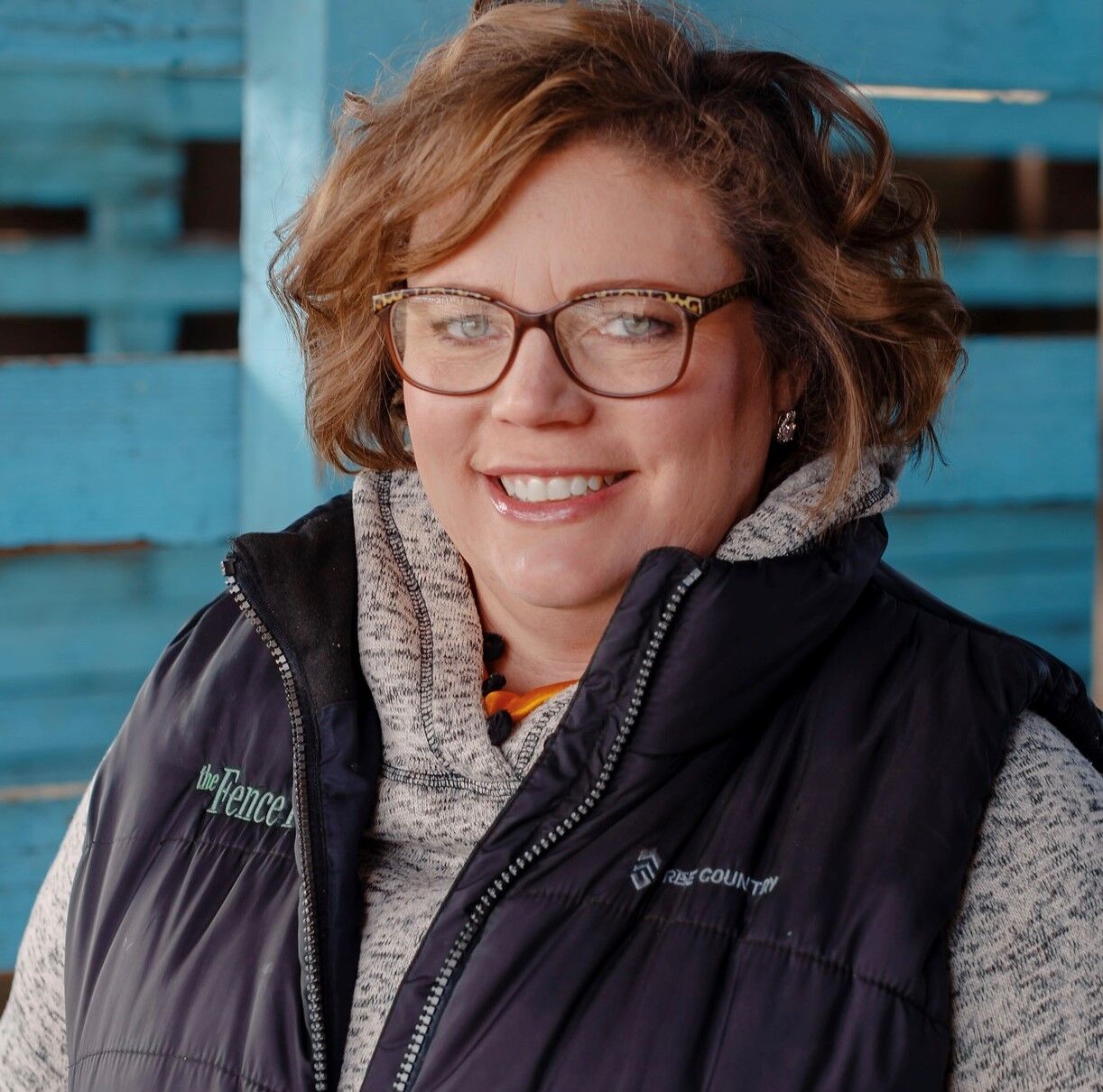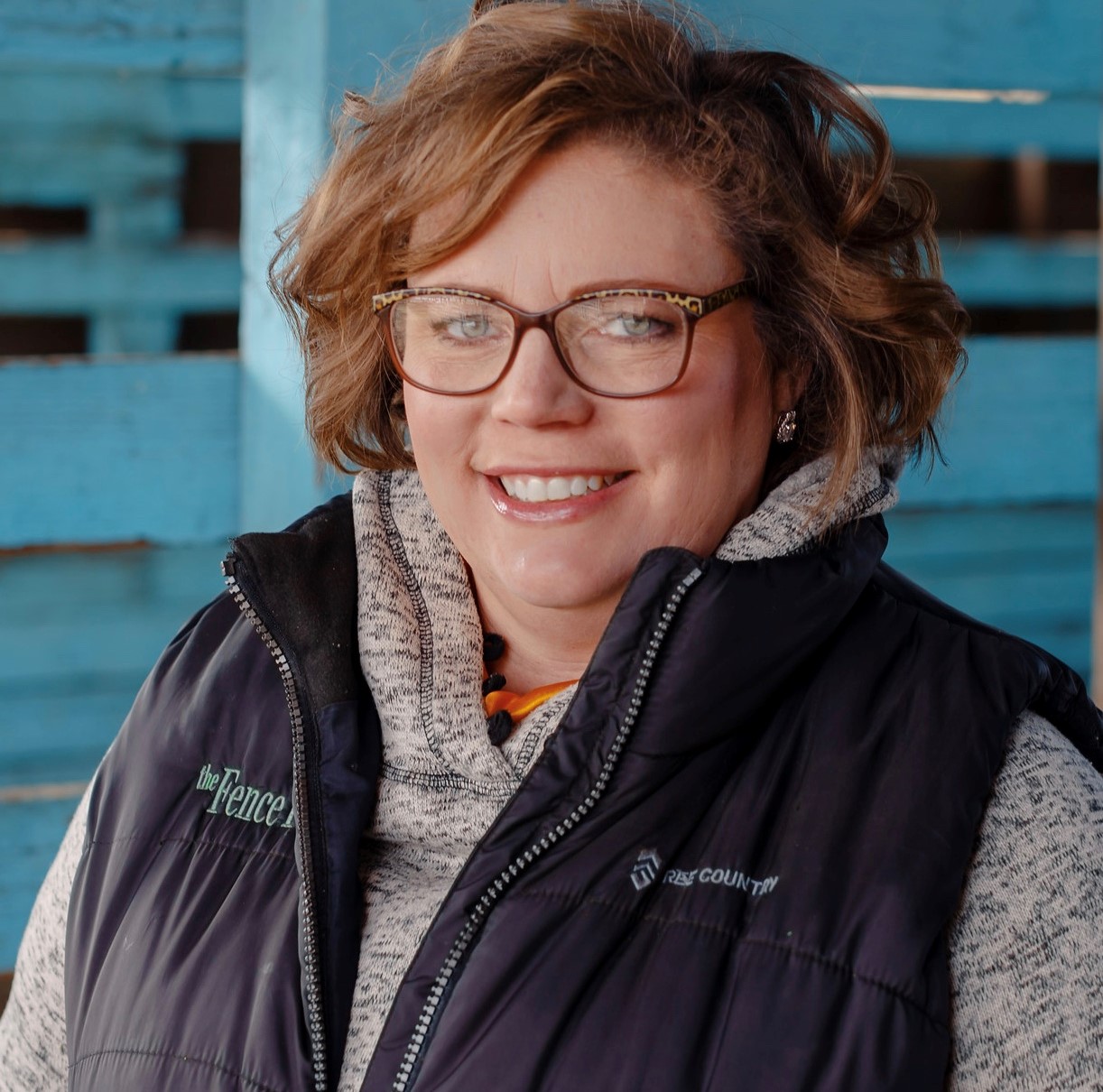GABEL | Only SCOTUS can save our bacon


Agriculture doesn’t just feed the affluent. It doesn’t refuse service to the uneducated. Agriculture puts food on the table every day for every American.
Virtue signaling was on the menu, though, in California in 2018 when Prop 12 was passed to dictate production methods to livestock producers, namely hog men. Mind you, this was passed in a state with no significant pork production. Prop 12, among other things, makes it illegal to raise hogs in gestation stalls. It also outlaws the sale of pork in the state that was raised using less than the prescribed standards.
There are hogs in the U.S. that are raised in a free-range, pastoral environment. Pork from these boutique beasts is more expensive because it’s more expensive to raise hogs this way. It’s not efficient on the largest scale. Consumers who wish to choose pork from this production model most certainly may, and they’ll pay a premium for it. Producers who wish to produce pork this way most certainly may, and they’ll charge a premium for it.
If you want to pay for it, you may buy free-range, cruelty-free, grass-fed, cage-free, Angus, heritage-breed, plant-based, or organic whatever-you-want. In America, because we have the safest, most affordable and most abundant food supply in the world, consumers can vote with their dollar, and they do every day.
However, one man’s choice ought not take the food off the table of another.
Whole Foods leads the charge of retailers who support Prop 12 and forcing the hand of pork producers and the production methods they employ. A marketing study summed up the typical Whole Foods shopper as a millennial woman with a graduate degree and an annual income of $80,000. I have little experience at Whole Foods, but I doubt people who are struggling to feed their families are frequenting the store.
Food pantries across the region are seeing record numbers of families relying upon their services as a result of inflation and the rising cost of feeding families. In Nebraska and elsewhere, the National Pork Producers Association is donating a million servings of high-quality protein in the form of pork. The same group of producers will be arguing before the Supreme Court on Oct. 11 as the high court hears arguments on NPPC v. Ross.
Activist groups spent big money in California to demonize gestation stalls, which is certainly not a new target of activist groups. Hogs are raised in temperature-controlled barns and gestation stalls are used to house individual sows after a litter of piglets is weaned and before they’re moved to a different facility to farrow. Activists cry that pigs aren’t able to turn around. But if pigs could, they would and, in doing so, would poop in their feed and water and probably get stuck, making it impossible for them to have a drink or feed.
Some barns use group pens. Pigs are pigs, though, and the dominant sows will fight off smaller sows, making it impossible for smaller females to receive adequate feed. UFC mixed martial arts has nothing on a sow fight – they’re loud, fast and violent. Pigs bite weak spots in a fight and that is most commonly the soft tissue of a sow’s vulva. The flesh is torn, bleeds profusely, and the painful injury may likely take the sow out of the breeding herd entirely. Hog farmers have to shepherd all animals and ensure all are safe and having their nutritional needs met, not just those of the bully sows.
Of course, bully sows get their due from eating more than they should when it’s time to farrow and the piglets who have enjoyed excessive nutrition in utero are too large to pass her pelvis. A difficult farrowing carries an entirely different set of challenges, and cesarean sections are not only expensive, but rarely result in a sow that is able to stay in the breeding herd.
Prop 12 puts into statute dimensions confinement stalls must meet, and those measurements, according to a hog veterinarian, are altogether uncommon anywhere in the U.S.
It’s now up to the SCOTUS to determine whether California can regulate how farmers across the country operate, imposing onerous regulations, inspection and permitting requirements as well as highly prescriptive measures on livestock farmers. Less than 1% of pork production meets Prop 12 requirements. Industry groups have estimated conversion costs to be in the billions of dollars, shouldered primarily by consumers.
Former NPPC President Jen Sorenson said, “(these are) arbitrary animal housing standards that lack any scientific, technical, or agricultural basis and that will only inflict harm on U.S. hog farmers.”
The veritable definition of unintended consequences is at play here. Food prices will soar, and an entire industry will have to respond to meet the whims of a misguided ballot initiative to make a select few feel better about their pork.
Rachel Gabel writes about agriculture and rural issues. She is assistant editor of The Fence Post Magazine, the region’s preeminent agriculture publication. Gabel is a daughter of the state’s oil and gas industry and a member of one of the state’s 12,000 cattle-raising families, and she has authored children’s books used in hundreds of classrooms to teach students about agriculture.












